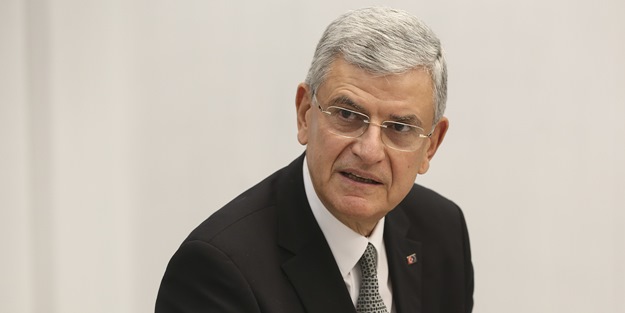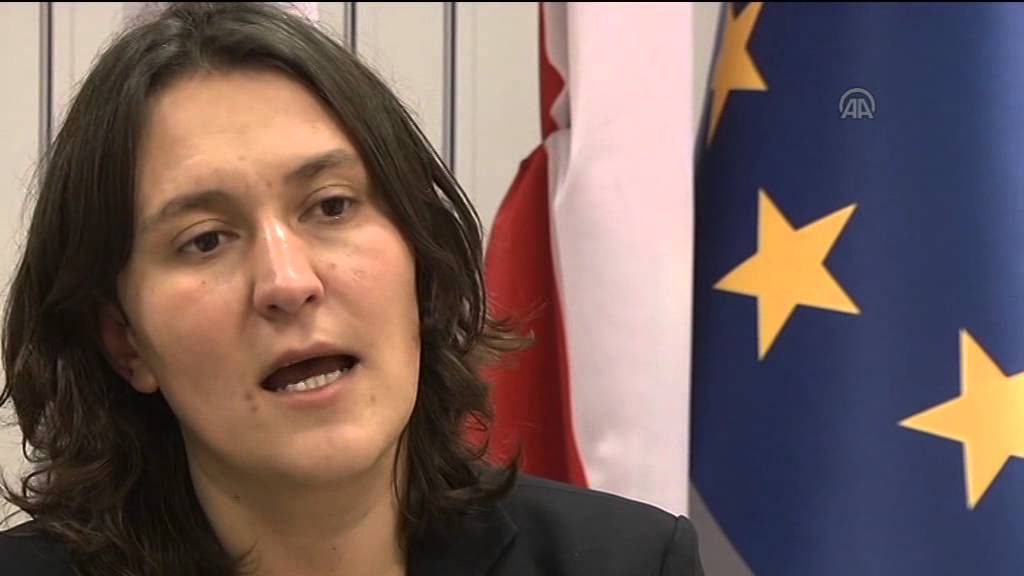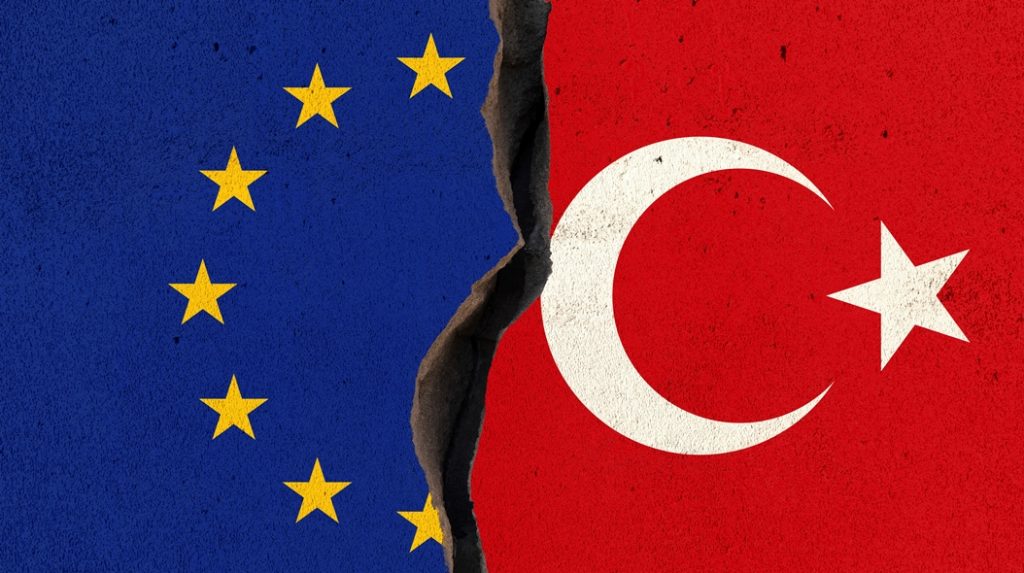A vote by the European Parliament (EP) urging EU leaders to suspend stalled accession talks with Turkey has been blasted as “meaningless”, “worthless” and “groundless”.
On Wednesday 370 out of 622 MEPs present voted in favour of adopting a 2018 report calling for the suspension of Turkey’s accession negotiations, with 109 votes against and 143 abstentions.
The report was written by Hungarian-born Dutch MEP Kati Piri, the EP’s “rapporteur” for Turkey, who said it was a “farce to continue these talks on integration with President Erdoğan”.
Responding to the “non-binding” resolution, a statement from the Turkish Foreign Affairs Ministry said it did not “attribute any value to this unilateral and by no means objective stance” of the EP.
It said the vote came while “common efforts” were being made to put Turkey-EU relations “back on track” and restart “the reform process while we leave behind the trauma of the heinous coup attempt of 15 July [2016]”.
“Hence, the resolution is deemed meaningless on our end,” the statement said, while noting that the “high number of votes against and abstentions indicates that this resolution has no solid ground within the European Parliament of 751 members”.
The ministry also questioned the timing of the adoption of the “biased and unfair” report, coming less than three weeks before local elections in Turkey and ahead of EP elections in May.
“We find it concerning for the EU’s future and our common values that the extreme right and left wings starting to dominate the European Parliament have turned this report into an exclusionary, discriminatory and populist text which does not reflect the reality,” the statement continued.
“Instead of encouraging the elimination of political obstacles to the negotiation process, this and similar initiatives prepared in cooperation with those opposed to the European integration and our common values, contradict the values represented by an EU institution.”

Volkan Bozkır, chairman of the Turkish Grand National Assembly’s Foreign Affairs Committee, said in a statement issued via Twitter that he “strongly condemned” the approval of Ms Piri’s report, which he said was based on “assumptions that are irrelevant to the realities of our country and unfounded allegations”.
He accused the EU of failing to show “sincere support” to Turkey in its fight against terrorist organisations and following the 2016 coup attempt.
President Erdoğan’s spokesman İbrahim Kalın also took to Twitter, describing the “unilateral” vote as “non-binding”, “distant from objectivity” and “null and void” for Turkey.
Ömer Çelik, spokesman for Turkey’s ruling Justice and Development Party, said the vote was “worthless for us”.
In a series of tweets in English he slammed the EP, claiming the “disreputable resolution” showed that it was “now under the ideological control” of the “far right”.
He called on the EP to found a “European Museum of Racism and Islamophobia” and “hang this report of yours on its gate” to “remember how you surrendered Europe to the racists step by step”.
A press release from the EP defended the resolution, stating that it “remains seriously concerned about Turkey’s poor track record in upholding human rights, the rule of law, media freedom and the fight against corruption, as well as its all-powerful presidential system”.
It said that “modernising” the 1995 Turkey-EU customs union “must remain an option” but “only if there are concrete improvements in the field of democracy, human rights, fundamental freedoms and the rule of law”.
The EP recognised, however, Turkey’s “important role” in responding to the migration crisis caused by the war in Syria and the government’s efforts to grant refugees temporary protection.
“The EP takes the view that the country and its population have shown great hospitality by offering shelter to more than 3.5 million Syrian refugees, but at the same time urges them to respect the non-refoulement principle,” it said.
“[EU] member states, on the other hand, need to keep their promises regarding large-scale resettlement.”
The EP also welcomed Turkey’s decision, last year, to lift the state of emergency introduced in 2016 in the wake of the failed coup attempt.
EU’s Kati Piri: “Our repeated calls for the respect of fundamental rights have fallen on deaf ears in Ankara”

The press release added that the EU is Turkey’s “largest trading partner”, while “two thirds of foreign direct investment in Turkey comes from EU member states”.
A statement from Ms Piri said: “If the EU takes its own values seriously, no other conclusion is possible than to formally suspend the talks on EU integration. Our repeated calls for the respect of fundamental rights have fallen on deaf ears in Ankara.”
She called on “dedicated funds” to “help Turkey’s democrats” by making cash available to “support civil society, journalists and human rights defenders”.
Turkey’s journey on the path to EU membership began in April 1987, when it launched a formal bid to join the European Economic Community, the predecessor to the EU, almost 30 years after applying for “associate membership”.
The bloc finally accepted Turkey as a “candidate country” in 1999, although actual accession negotiations did not start until 2005.
Progress in the last 14 years has been slow, however, with negotiations on only one of 35 “chapters” of the accession process completed.
Greek Cypriot-controlled South Cyprus – which was admitted to the EU in 2004 despite rejecting a unification deal with Turkish Cypriot-run North Cyprus – has blocked talks on certain areas, claiming that Turkey must first “normalise” relations with the “Republic of Cyprus”.




